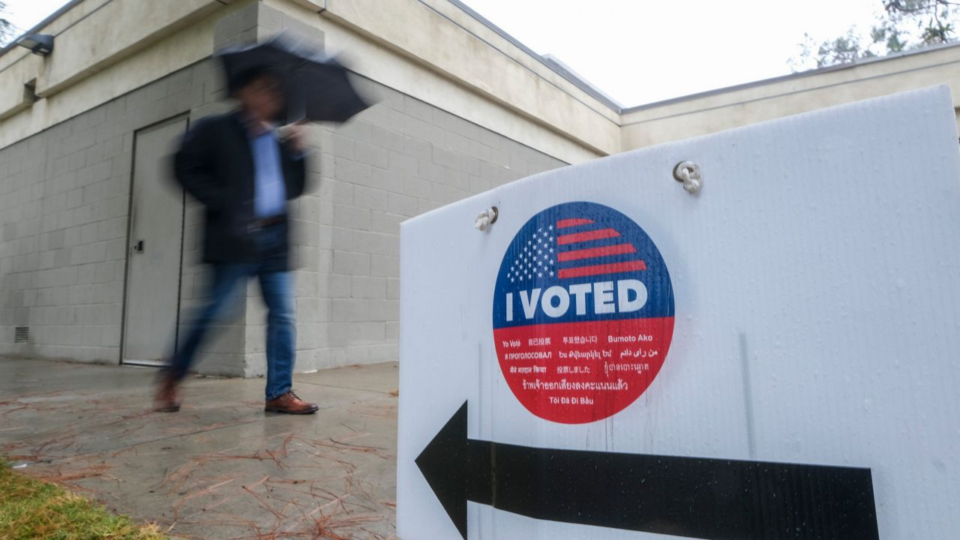A progressive pipe dream makes its way onto municipal ballots in November; the reality of its implementation suggests a bureaucratic nightmare.
During its regular meeting on November 7, 2023, the Santa Ana City Council approved a 4-3 vote to place an alarming proposition on the November ballot—one that would allow noncitizens to vote in local elections.
With this decision, Santa Ana joined the likes of Oakland and San Francisco, both of which made national headlines for similar noncitizen voting programs, such as Oakland’s Measure W voucher system. However, Santa Ana’s measure is unique in that, if it were to pass, Santa Ana would become the first city in California allowing non-Americans to vote in city elections.
Measures such as these have been met with a barrage of opposition for undermining the value of U.S. citizenship, voting rights, and election integrity. They also send a concerning message about a city’s refusal to comply with federal immigration laws.
While the national discussion generally revolves around legal and ethical discussions, a critical aspect of this debate is often overshadowed: noncitizen voting is a logistical nightmare.
“We are throwing this to city staff with absolutely zero direction,” said Councilman David Penaloza, who voted against the item. “Our City Attorney and our City Manager at the last meeting asked multiple times who exactly would this apply to. How would we register people in the city to vote? What is the residency requirement? How would this election be handled? Who would handle the processing of these ballots? Who would mail out the ballots? Nobody up here had that discussion.”
Already, local registrars struggle to ensure that elections are conducted fairly and with integrity. A new Public Affairs Council/Morning Consult poll found that a vast majority of Americans are concerned about the integrity of the 2024 elections, with only about 37% believing the upcoming elections will be “both honest and open to all eligible voters.” This is the sentiment towards the system as it is now, without these sweeping election reform policies in place.
Creating a separate voter eligibility and registration system for non-citizens, which can also accurately distinguish between local and federal election ballots and between residents and nonresidents, would require a level of administrative precision and security that municipal governments are simply not equipped to handle. Add to every step of this new system a host of possible verification challenges and ways to cast fraudulent ballots and what’s left is a bureaucratic puzzle that no city has yet solved.
There is also the matter of costs, both for implementation and for the legal challenges that are sure to follow. City Attorney Sonia Carvalho advised the Council to set aside at least $500,000 but added “I could see maybe doubling that.”
“I cannot say with absolute certainty that this matter, if approved by the voters, would go unchallenged,” said Carvalho. “I do want to let the Council know that if you do end up in litigation that litigation will be quite costly.”
Councilman David Penaloza was joined by Mayor Valerie Amezcua and Councilman Phil Bacerra in opposition to the measure.
“San Francisco took four years for the school board election,” said Amezcua. “They studied it, they had an ad hoc, it ended up in court, and you know, it just went up the chain for years… And the majority of this council is doing it in less than two months for whatever their political objectives are.”
“They don’t know how much this is going to cost to the taxpayers, they don’t know what this looks like in the city,” said Penaloza. “We just saw we can’t even handle rental registry, because it’s a complete failure. And that’s been two years in the making.”
With legal challenges and fierce public debate likely on the horizon, the proposition’s fate—and its repercussions for Santa Ana and beyond—remains uncertain.


